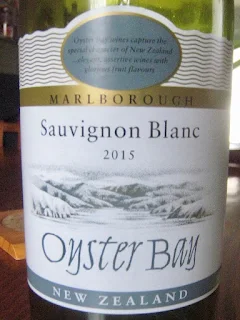Wine is one of the oldest and most beloved alcoholic beverages in the world, and it has been produced for thousands of years. There are countless grape varieties used in the making of wine, each with its own unique characteristics and flavor profile. However, some grape varieties have become more popular than others due to their exceptional quality and versatility. Here are some of the major grape varieties used for making wines across the world.
Cabernet Sauvignon - Cabernet Sauvignon is one of the most popular grape varieties used in the making of red wines. It is grown in many regions across the world, including France, California, Australia, and Chile. Cabernet Sauvignon is known for its bold flavors of black currant, cedar, and tobacco, and it can be aged for many years.
Chardonnay - Chardonnay is one of the most widely planted grape varieties in the world and is used for making white wines. It is grown in many regions, including France, California, and Australia. Chardonnay is known for its buttery and creamy flavors, as well as its citrus and tropical fruit notes. It can be oaked or unoaked, and it is often used in the making of sparkling wines.
Pinot Noir - Pinot Noir is a red grape variety that is grown in many regions across the world, including France, California, and New Zealand. It is known for its delicate and nuanced flavors of red berries, earthy spices, and floral notes. Pinot Noir is often used in the making of sparkling wines, as well as still wines.
Merlot - Merlot is another popular red grape variety used in the making of wine. It is grown in many regions, including France, California, and Italy. Merlot is known for its soft and velvety flavors of black cherry, plum, and chocolate. It is often blended with other red grape varieties, such as Cabernet Sauvignon.
Riesling - Riesling is a white grape variety that is grown in many regions across the world, including Germany, Austria, and Australia. It is known for its floral and citrus aromas, as well as its high acidity. Riesling can be made in a range of styles, from dry to sweet, and it is often used in the making of dessert wines.
Syrah/Shiraz - Syrah, also known as Shiraz in Australia, is a red grape variety that is grown in many regions across the world, including France, Australia, and the United States. It is known for its rich and bold flavors of blackberry, black pepper, and smoked meat. Syrah is often used in the making of blended wines, as well as single varietal wines.
Sauvignon Blanc - Sauvignon Blanc is a white grape variety that is grown in many regions across the world, including France, New Zealand, and California. It is known for its vibrant and refreshing flavors of citrus, green apple, and grassy notes. Sauvignon Blanc is often used in the making of sparkling wines, as well as still wines.
These are just a few of the major grape varieties used in the making of wines across the world. Each grape variety has its own unique characteristics and flavor profile, which is why wine lovers are always on the lookout for new and exciting wines to try. Whether you prefer red or white, dry or sweet, there is sure to be a wine out there that will suit your taste buds.




